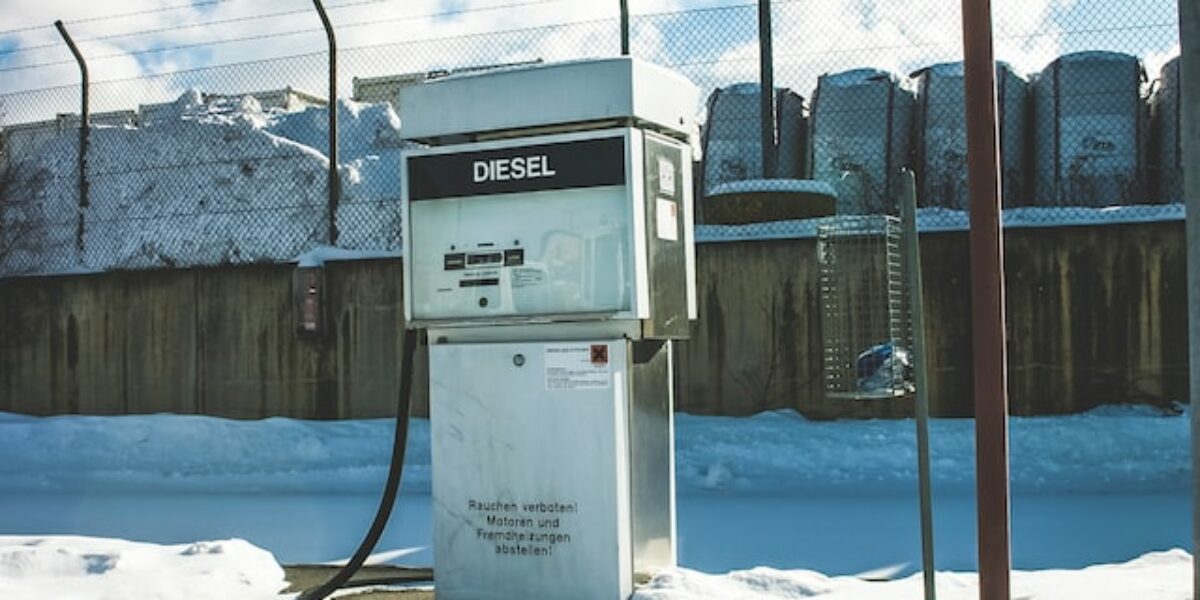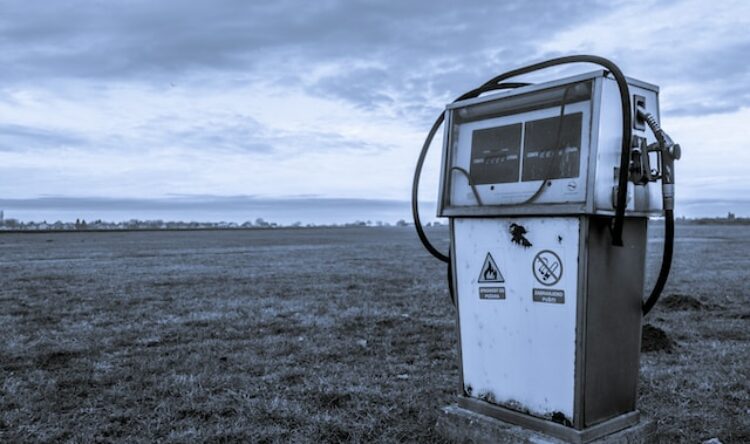Driving into diesel doom
Are we heading for a winter of discontent?
Britain, alongside the rest of Europe, could be heading for a diesel crash.
That is according to new analysis by Reuters news agency.
Where are we heading?
The report states that “Europe is heading into winter with seasonally low levels of diesel”. It seems that despite a lowering of prices at the pump in recent weeks, reserves at distributors are being run down. This has major implications for the continent’s industries, hauliers and drivers, especially as further EU and western sanctions on Russia due to the invasion of Ukraine are set to increase.
Diesel, along with other distillate fuels such as heating oil and gasoil, are the lifeblood of industry. They power factories, heating homes and fuel the majority of vehicles.
Priced out of reach
Russia usually supplies Europe with about 60% of its diesel needs. The market went into shock immediately after the invasion as it priced in a possible cutoff of those supplies.
The price reflects the cost over the next six-month spread. European diesel ‘futures’ went into a record backwardation of nearly $600 a tonne. These are premium prices for future deliveries. In turn it has made it uneconomical for traders to put diesel into storage and book a profit.
“No one in their right mind would put diesel into tanks at those levels,” one European trader said.
Now European stocks held by refiners are much lower than their historical averages.

According to data from Dutch consultancy Insights Global, diesel and gasoil in commercial sites in the Amsterdam-Rotterdam-Antwerp (ARA) hub are well below their historical average, .

Heating Europe up
Tis is being compounded by the extremely hot and dry weather in Europe. Unseasonably low water levels on the Rhine river have slowed the movement of delivery barges. It is a key waterway for carrying fuel from the massive oil refineries and tank farms in ARA to Germany, France and Switzerland.
More than 240,000 barrels per day (bpd) of oil products traversed the Rhine in 2021. It represents more than 10% of the country’s oil demand. This year barge owners are opting to load their vessels at about a quarter or less to avoid grounding into the riverbed.
This has created major bottlenecks, raised barge freight rates and reduced deliveries.
Pipeline and rail deliveries into Germany are already operating at full capacity, but trucking is uneconomical,

“With the river levels so low there’s no point in having product in ARA as you can’t move it down the Rhine, and backwardation is discouraging having product in tank,” one European trader said.
“A major disruption to an important gasoil/diesel supply route from ARA to inland Europe could not come at a worse time,” FGE said.
The market is already tight due to refinery outages in Austria, which along with Germany and Switzerland will be looking to build heating oil stocks ahead of winter.
Soaring natural gas prices which are encouraging a switch to oil products for power generation could also tighten the market further, FGE said.
Sanctions bite
The European Union will stop buying all seaborne Russian crude oil from early December. All Russian refined products will be banned in February. With no evidence that companies are stockbuilding ahead of sanctions, traders expect Europe to be in for a winter shock.
“Who knows what is going to happen back end of this year early next, looks like it will be carnage for a bit,” another European trader said.







